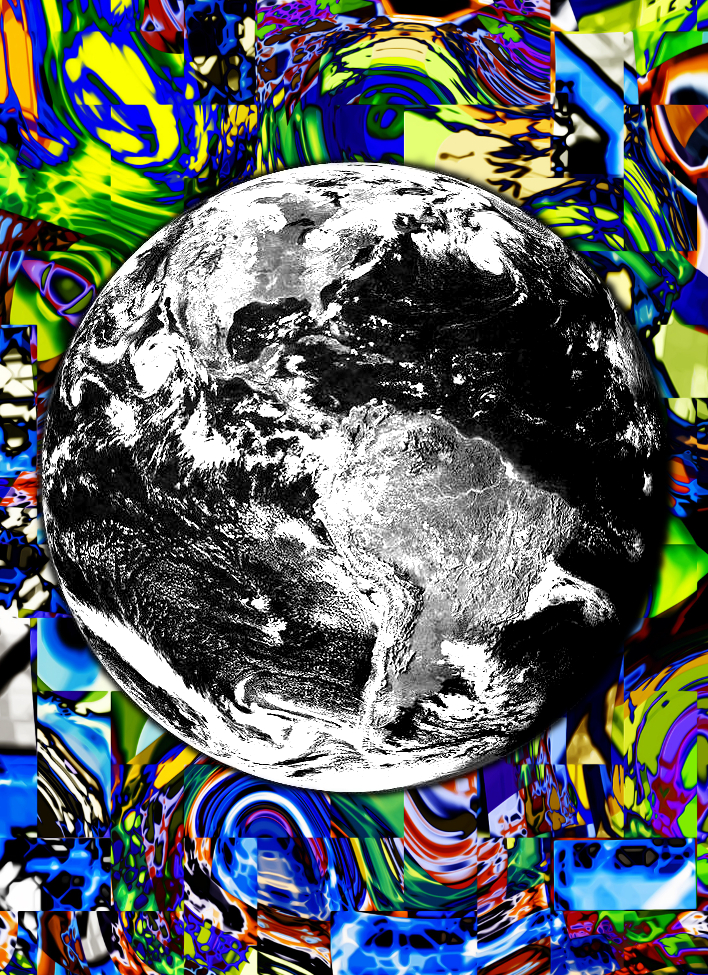CSIRO sees defining trends
 Australia’s top science body has laid out the seven ‘megatrends’ it thinks will define the next 20 years.
Australia’s top science body has laid out the seven ‘megatrends’ it thinks will define the next 20 years.
A once-in-a-decade report from CSIRO explores the geopolitical, economic, social, technological and environmental forces unfolding around the world, predicting their likely impact on Australia’s people, businesses and governments.
The seven global megatrends are: Adapting to climate change; Leaner, cleaner and greener; The escalating health imperative; Geopolitical shifts; Diving into digital; Increasingly autonomous and Unlocking the human dimension.
Experts analysed thousands of data points collected over decades.
Some of the trends they identified have been widely discussed, while others are newer and directly related to experiences during the COVID-19 pandemic. For example, the world is just beginning to understand the potential long-term impacts of the pandemic on mental health and chronic illness.
It is anticipated that while the pandemic sped up digital transformation, an even bigger explosion in human capability is yet to come. In this environment, experts say digital skills will become more valuable, but rather than replacing human intelligence, technologies like AI will assist people in doing their work better.
CSIRO Chief Executive Dr Larry Marshall says megatrends help to understand the challenges and massive opportunities that will shape the future.
“Australia is at a pivotal point. There is a tidal wave of disruption on the way, and it’s critical we take steps now to get ahead of it," Dr Marshall said.
“From resource scarcity to drug resistant superbugs, disrupted global trade, and an increasingly unstable climate threatening our health and way of life - these are just some of the challenges we face.
“But these challenges also tell us where the most powerful innovation can be found, when we see a different future and leverage science to create it.
“Australia has the highest wind and solar capacity of any developed nation and a wealth of critical energy minerals - we can be a leader in feeding the world’s hunger for clean energy.
“The next wave of digital innovation will generate $10-15 trillion globally.
“Australia can tap into this to transform existing jobs and create new jobs and wealth while leveraging Artificial Intelligence to solve some of our greatest challenges, like outthinking bushfires, accelerating vaccine development, predicting drought, or stabilising our energy grid.
“We have the opportunity now to use science to invent the kind of world we want to live in – but we have to act, and we have to do it together.
“Trust in science led Australia’s response to COVID-19, and science can help us lead a Team Australia response to the challenges ahead,” he said.
Details of the megatrends are as follows:
-
Adapting to climate change: with natural disasters expected to cost the Australian economy almost three times more in 2050 than in 2017, we can expect to be living in a more volatile climate, characterised by unprecedented weather events.
-
Leaner, cleaner and greener: an increased focus on potential solutions to our resource constraints through synthetic biology, alternative proteins, advanced recycling and the net-zero energy transition. By 2025, renewables are expected to surpass coal as the primary energy source.
-
The escalating health imperative: the post-pandemic world has exacerbated existing health challenges posed by an ageing population and growing burden of chronic disease. One in five Australians report high or very high levels of psychological distress and there is heightened risk of infectious diseases and pathogens resistant to modern antibiotics. There is now a burning platform to also respond to our health risks and improve health outcomes.
-
Geopolitical shifts: an uncertain future, characterised by disrupted patterns of global trade, geopolitical tensions and growing investment in defence. While the global economy shrunk by 3.2 per cent in 2020, global military spend reached an all-time high of $2.9 trillion and Australia saw a 13 per cent increase in cybercrime reported relative to the previous year.
-
Diving into digital: the pandemic-fuelled a boom in digitisation, with teleworking, telehealth, online shopping and digital currencies becoming mainstream. Forty percent of Australians now work remotely on a regular basis and the future demand for digital workers expected to increase by 79 per cent from 2020 to 2025.
-
Increasing autonomous: there has been an explosion in artificial intelligence (AI) discoveries and applications across practically all industry sectors over the past several years. Within the science domain the use of AI is rising with the number of peer-reviewed AI publications increasing nearly 12 times from 2000 to 2019.
-
Unlocking the human dimension: a strong consumer and citizen push for decision makers to consider trust, transparency, fairness and environmental and social governance. While Australia saw a record level increase in public trust in institutions during the pandemic, this ‘trust bubble’ has since burst, with societal trust in business dropping by 7.9 per cent and trust in government declining by 14.8 per cent from 2020-21.
The full report is accessible here.








 Print
Print